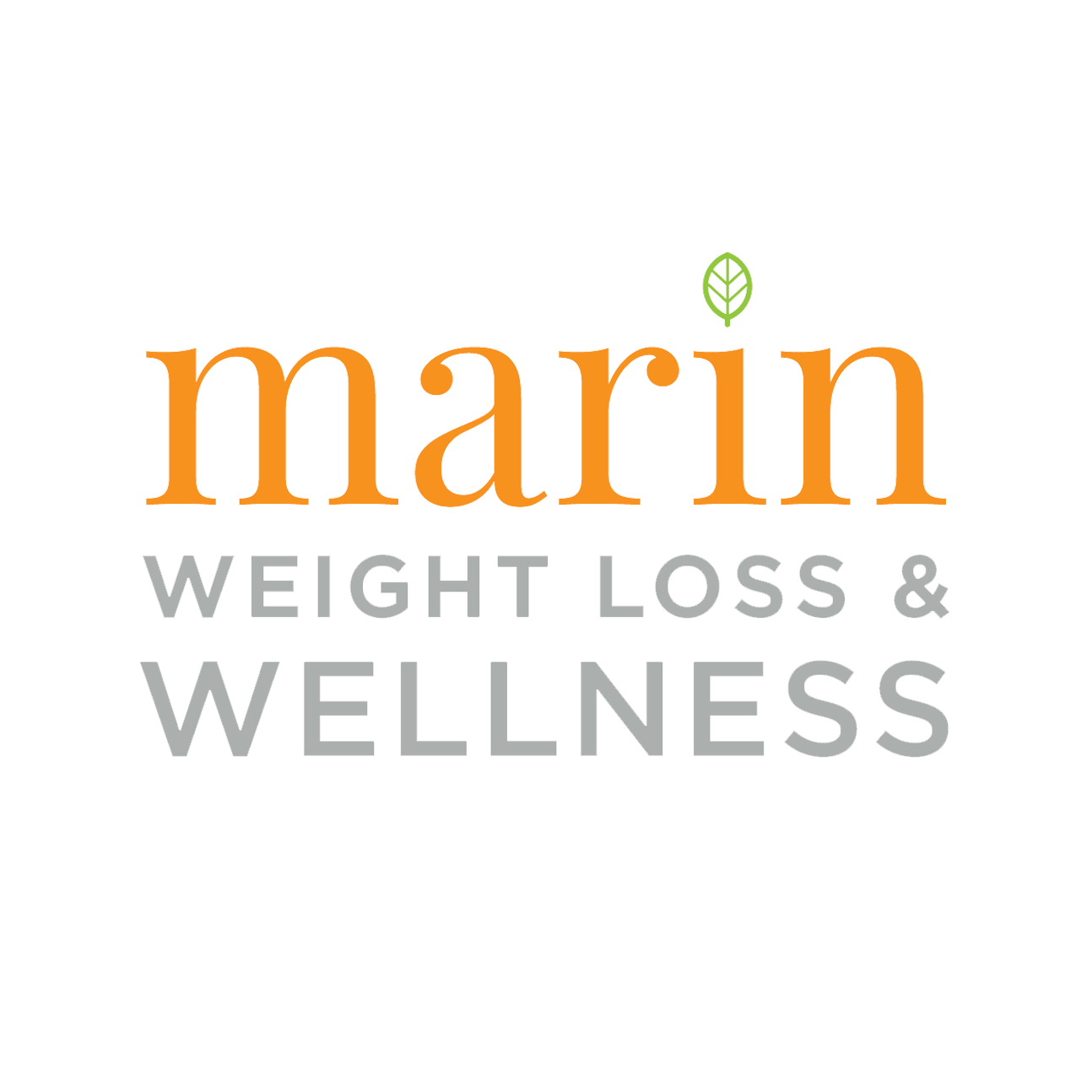Are Cooked Vegetables Good For You?
Cooked vegetables have been a base of human diets for centuries, offering a delightful array of flavors, textures, and, most importantly, nutrients. While raw vegetables often steal the spotlight for their perceived health benefits, cooked vegetables shouldn't be overlooked.
In fact, the cooking process can enhance the nutritional profile of certain vegetables, making them even more beneficial for your health. Let’s have a look at the advantages of incorporating cooked vegetables into your diet.
Advantages of Consuming Cooked Veggies
1. Enhanced Nutrient Absorption:
One of the primary benefits of cooking vegetables is the increased bioavailability of certain nutrients. While raw vegetables are undoubtedly nutritious, cooking breaks down tough cell walls, making it easier for your body to absorb essential vitamins and minerals.
For instance, the antioxidant lycopene found in tomatoes becomes more readily available when they are cooked, aiding in cardiovascular health and reducing the risk of certain cancers.
2. Improved Digestibility:
Cooking vegetables can also improve their digestibility, particularly for individuals with sensitive digestive systems. Raw vegetables contain tough fibers and starches that can be difficult for some people to digest, leading to bloating or discomfort.
However, gentle cooking methods such as steaming or roasting can soften these fibers, making vegetables easier on the digestive system while still retaining their nutritional value.
3. Richer Flavor Profile:
Cooking vegetables can unlock a world of flavors that are often mutated in their raw form. The application of heat caramelizes natural sugars, resulting in a sweeter, more robust taste.
Additionally, cooking allows for the incorporation of herbs, spices, and seasonings, enhancing the overall flavor profile of dishes and making vegetables more appealing to even the pickiest eaters.
4. Versatility in Culinary Applications:
From stir-fries to soups, casseroles to salads, cooked vegetables lend themselves to a wide range of culinary applications. Their versatility makes it easy to incorporate them into diverse meals, ensuring that you never get bored with your vegetable intake.
Whether you're looking to add a pop of color to your plate or create a hearty, comforting dish, cooked vegetables are a versatile ingredient that can elevate any recipe.
5. Preservation of Nutrients:
Contrary to popular belief, cooking vegetables doesn't always lead to a significant loss of nutrients. While some vitamins, such as vitamin C, may be slightly reduced during the cooking process, others become more concentrated.
For example, cooking spinach increases the availability of iron, an essential mineral for blood health. By employing gentle cooking methods and minimizing cooking time, you can preserve the nutritional integrity of vegetables while still enjoying the benefits of cooked dishes.
Tip: For personalized guidance on vegetable intake and weight loss, consider reaching out to Marin Weight Loss and Wellness. Our team specializes in providing tailored nutrition recommendations to help you achieve your health goals. With our expertise, we can suggest the best vegetables to incorporate into your diet and offer support in your weight loss journey. Don't hesitate to contact us for expert advice and assistance in optimizing your nutrition intake for a healthier lifestyle.
6. Increased Antioxidant Activity:
Cooking vegetables can actually enhance their antioxidant activity, particularly when it comes to certain phytochemicals. For instance, a study published in the Journal of Agricultural and Food Chemistry found that steaming broccoli significantly increased its levels of glucosinolates, compounds with potent antioxidant properties that may help protect against chronic diseases such as cancer and heart disease.
This highlights how cooking can unlock the full potential of vegetables in promoting optimal health.
Related Articles:
Common Myths About Carbohydrates and Their Importance in the Diet
Juicing Recipes For High Blood Pressure
7. Greater Food Safety:
While consuming raw vegetables can be safe when handled properly, cooking eliminates harmful bacteria and pathogens that may be present on the surface of produce. This is especially important for individuals with weakened immune systems, such as young children, the elderly, or those with underlying health conditions.
By thoroughly cooking vegetables, you can reduce the risk of foodborne illnesses and enjoy your meals with peace of mind.
Does Cooked Veggies Help in Losing Weight?
Yes, cooked vegetables can indeed aid in weight loss. While raw vegetables are often praised for their low calorie content and high fiber, cooking vegetables can enhance their digestibility and flavor, making them a more satisfying and enjoyable part of your diet. Cooked vegetables provide a sense of satiety, helping to curb cravings and prevent overeating.
Additionally, cooking methods such as steaming, roasting, or grilling vegetables with minimal added fats can help retain their nutritional value while reducing calorie intake. By incorporating a variety of cooked vegetables into your meals, you can increase your intake of essential vitamins, minerals, and antioxidants, supporting overall health while promoting weight loss.
Furthermore, cooked vegetables can be easily incorporated into balanced, portion-controlled meals, making them a valuable ally in achieving and maintaining a healthy weight.
Cooked vegetables are not only delicious but also incredibly nutritious, offering a plethora of health benefits that shouldn't be overlooked.
By incorporating a variety of cooked vegetables into your diet through diverse culinary techniques, you can enjoy a delicious and nutritious way to support your health for years to come.
So, fire up those pots and pans, and let the culinary magic of cooked vegetables inspire your next meal!


